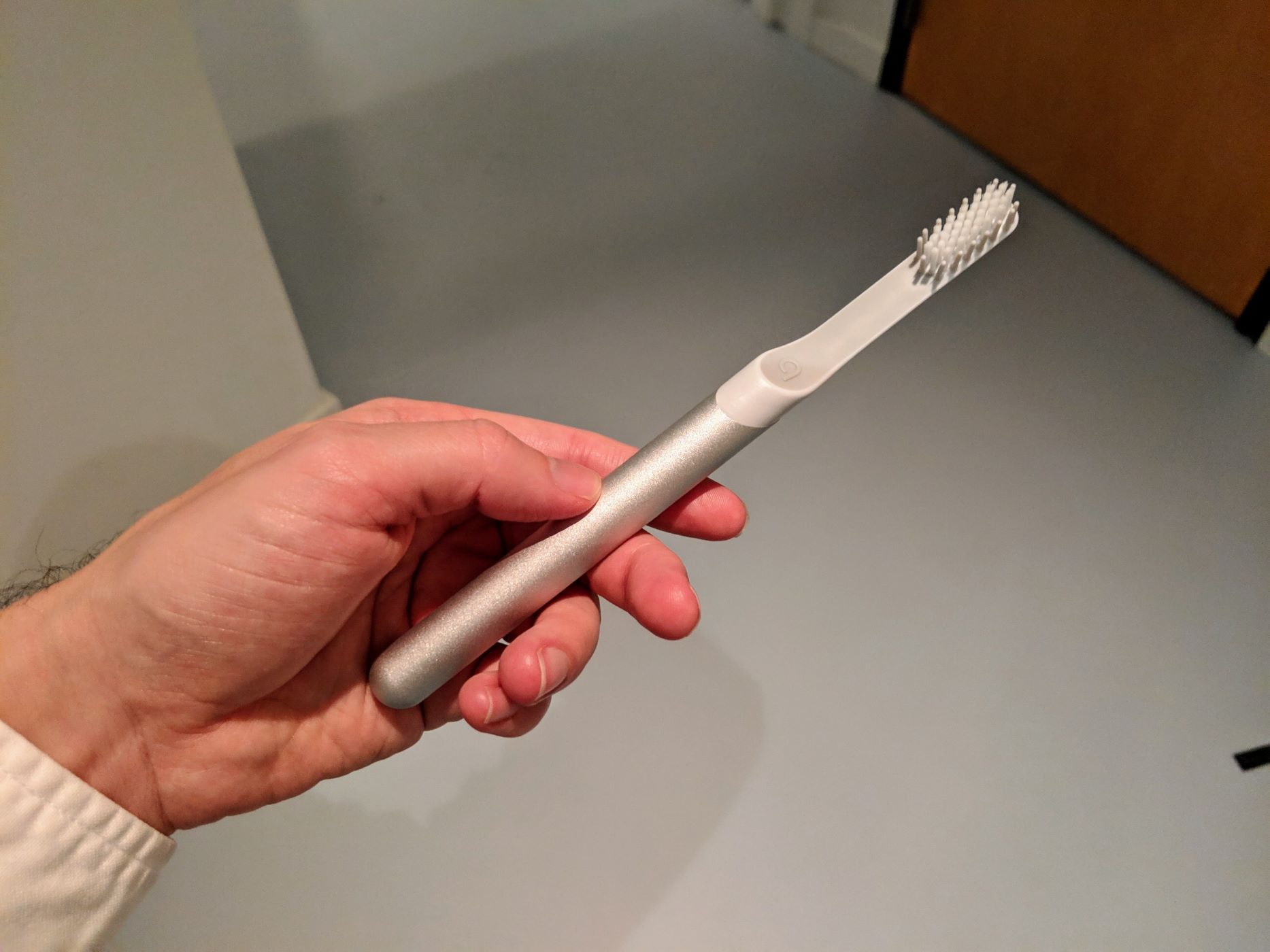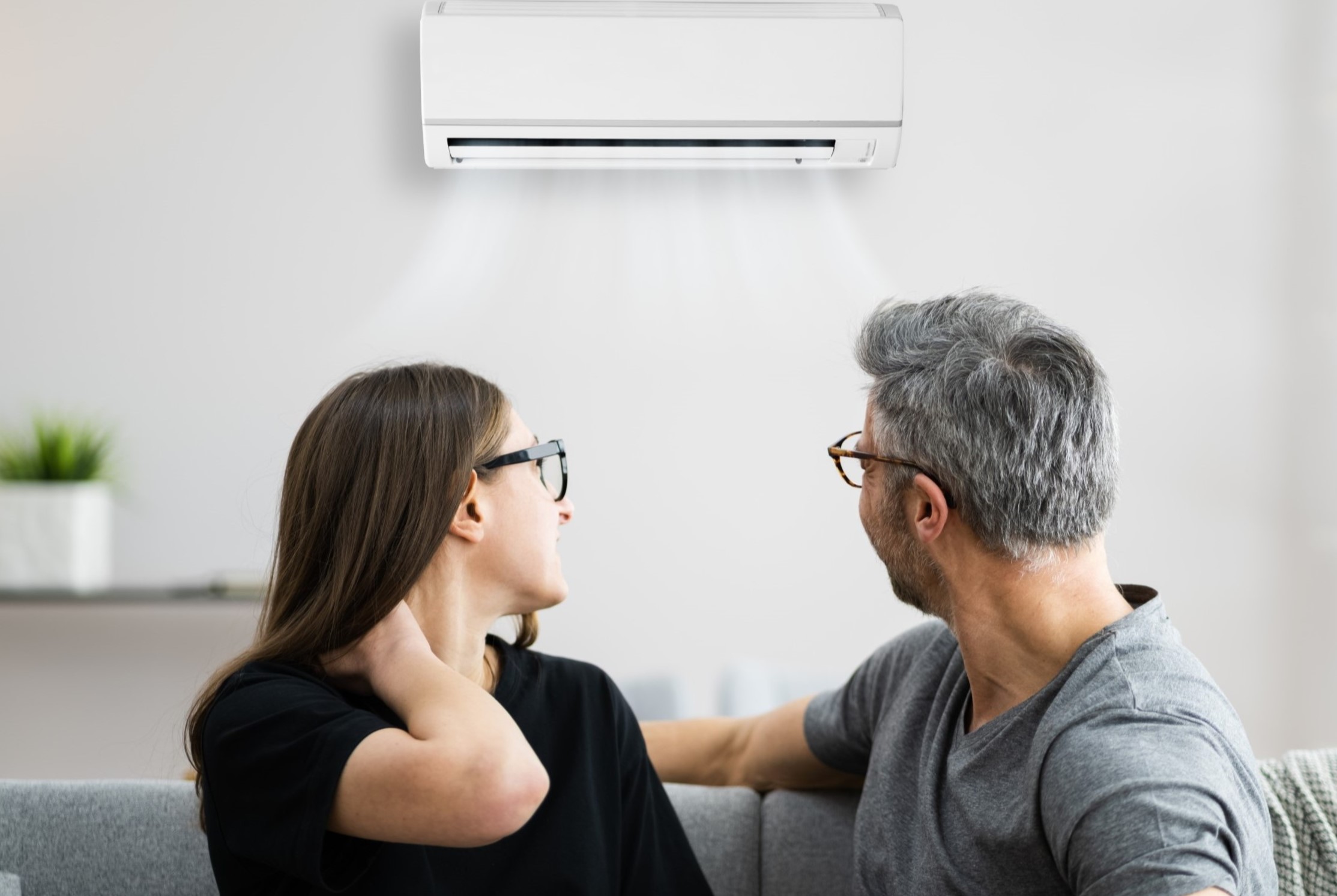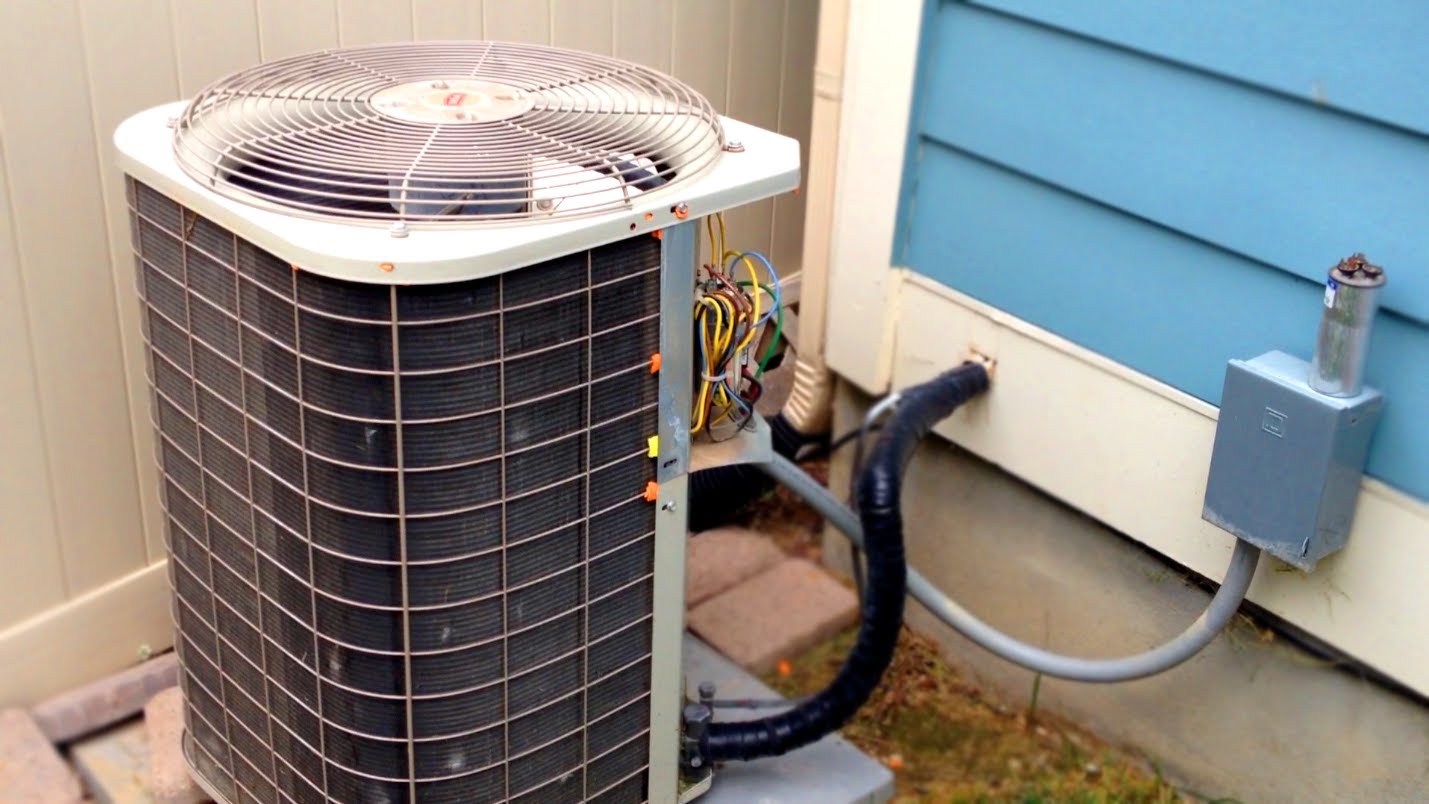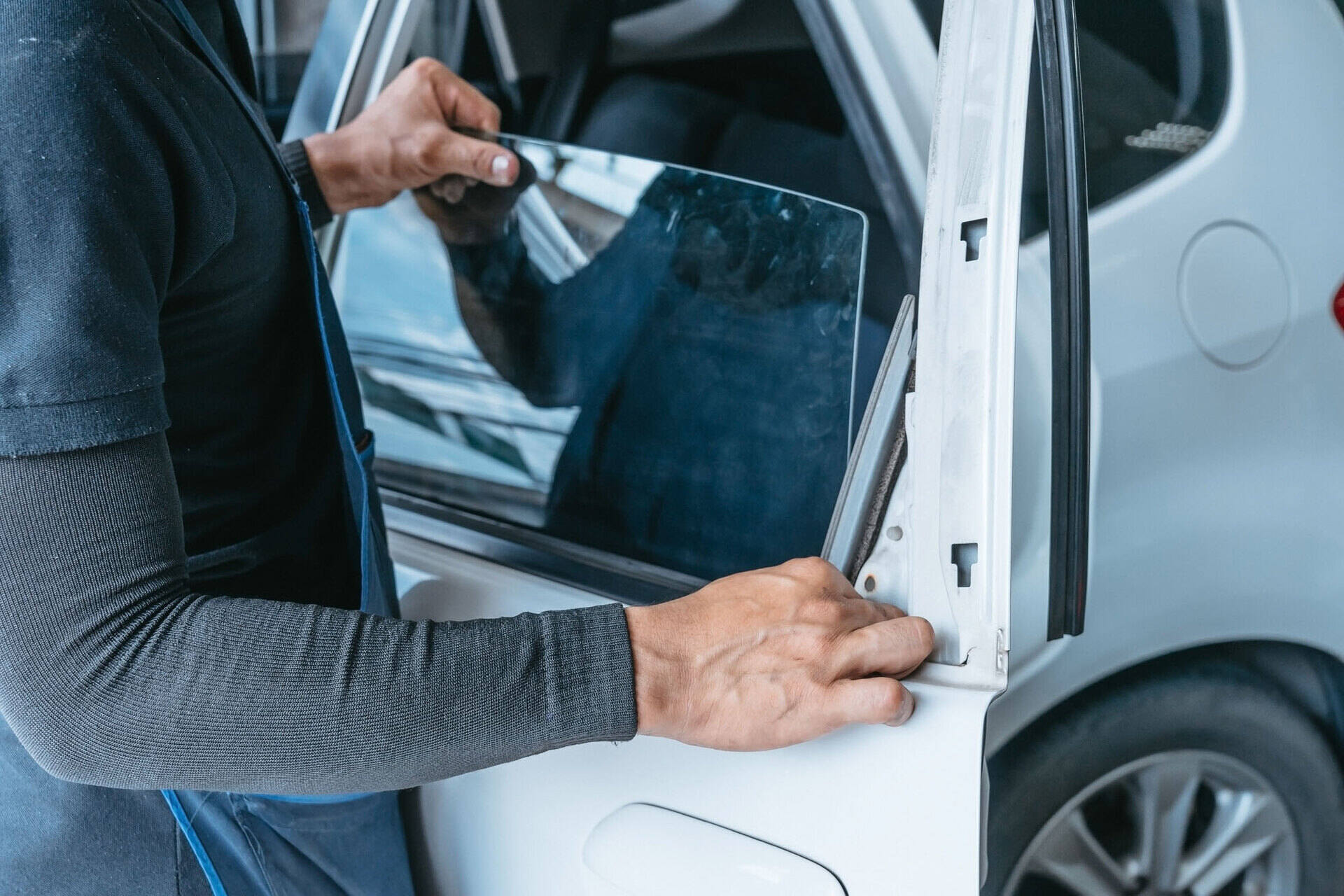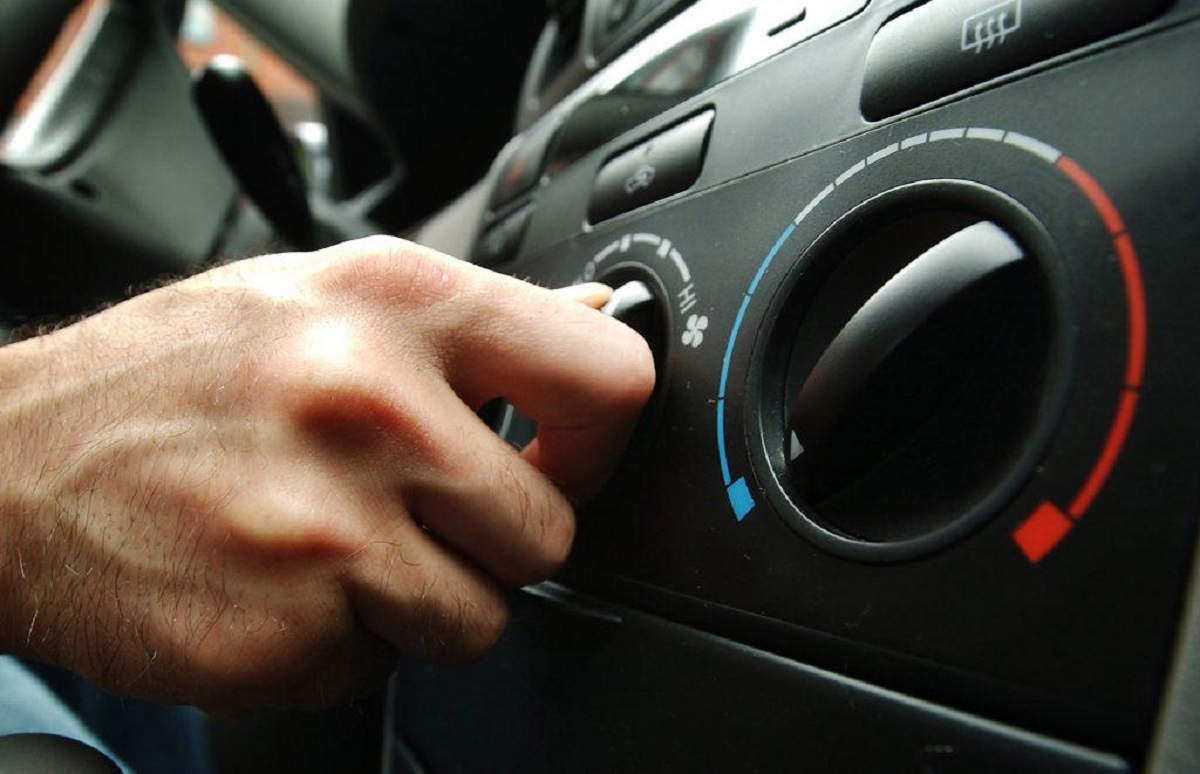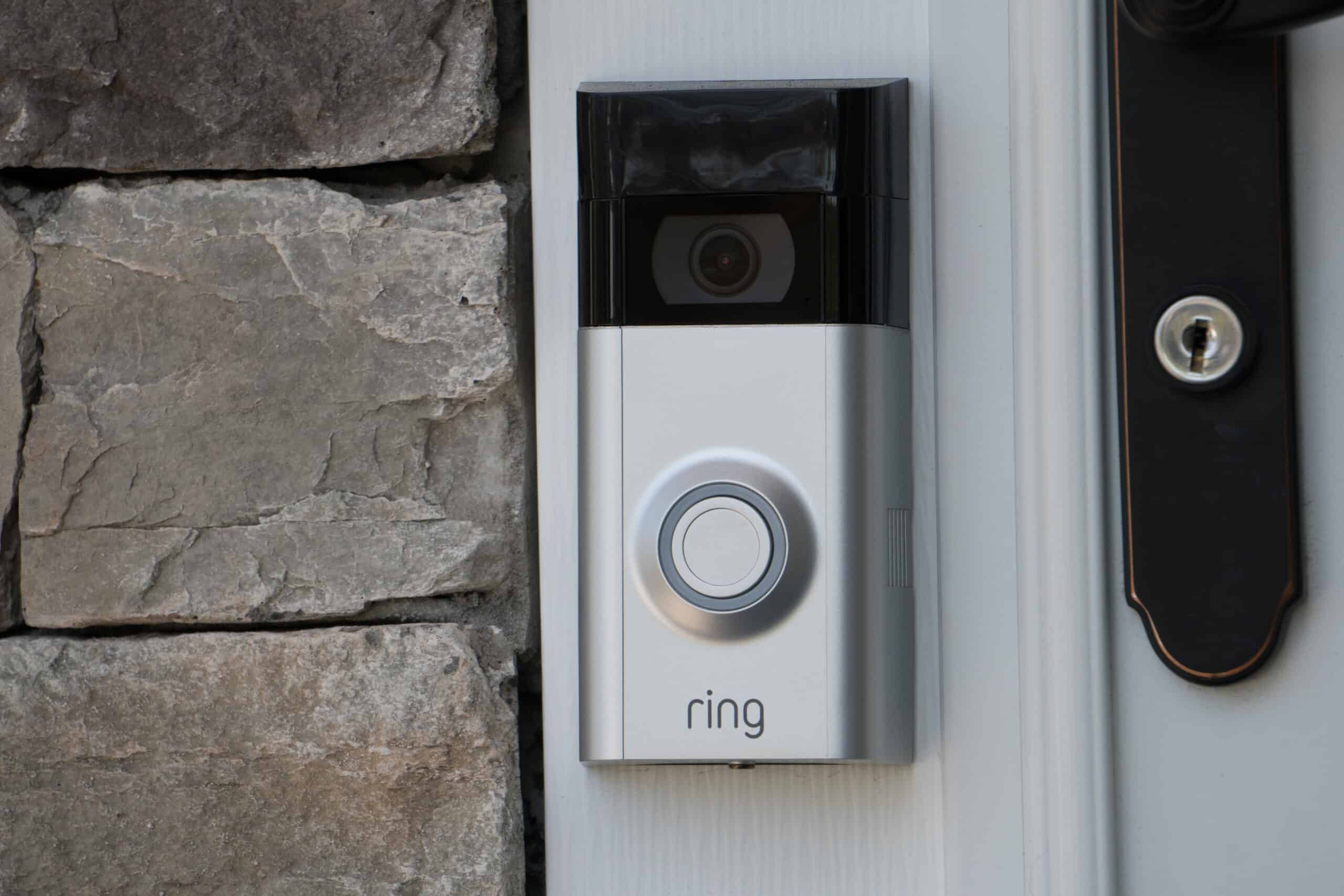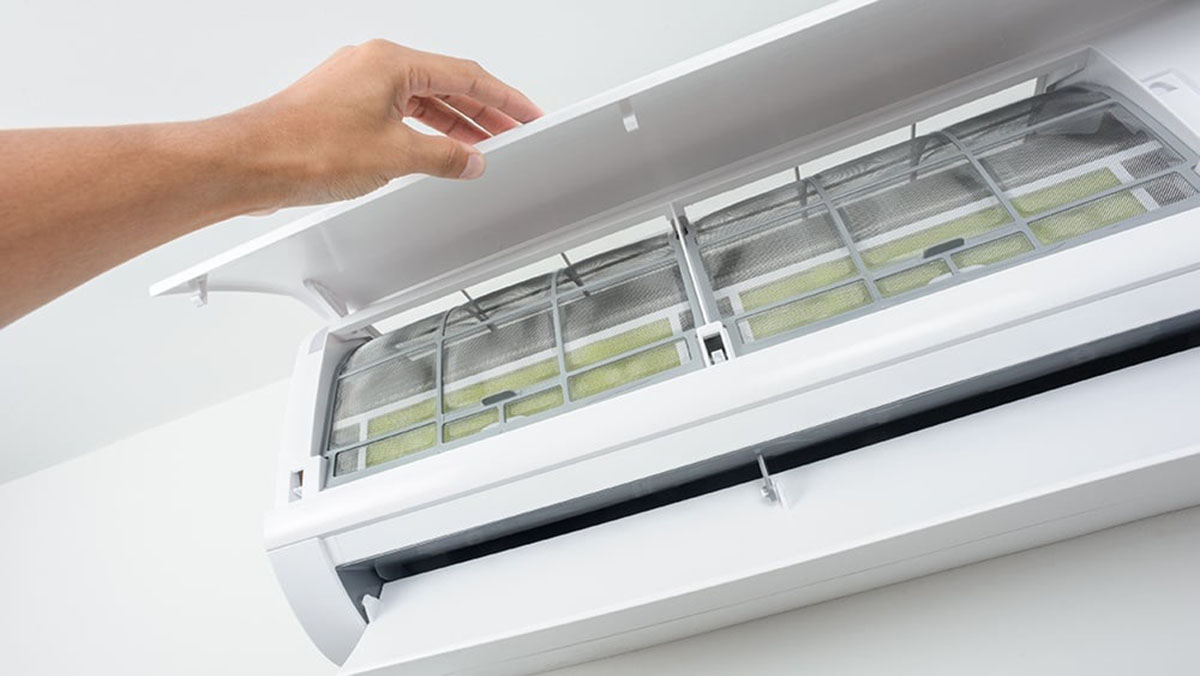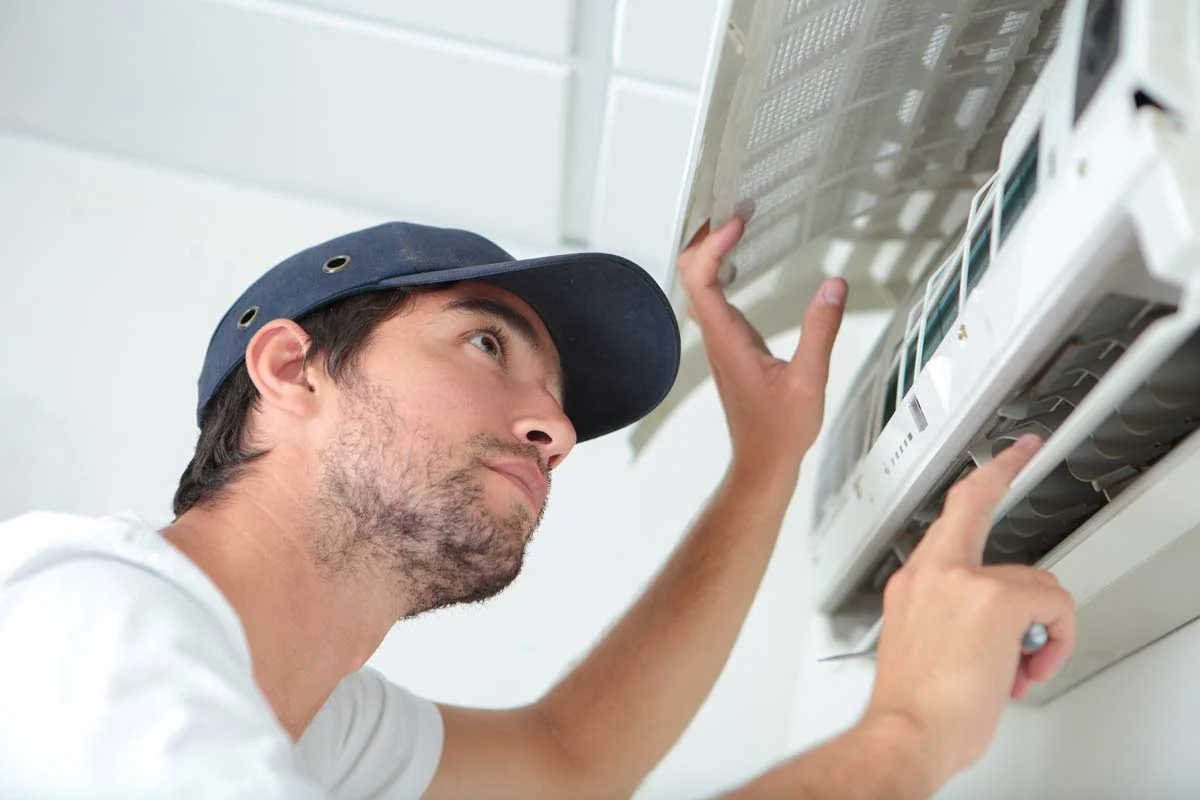Home>Home Maintenance>Why Did My Air Conditioner Stop Working In My Car
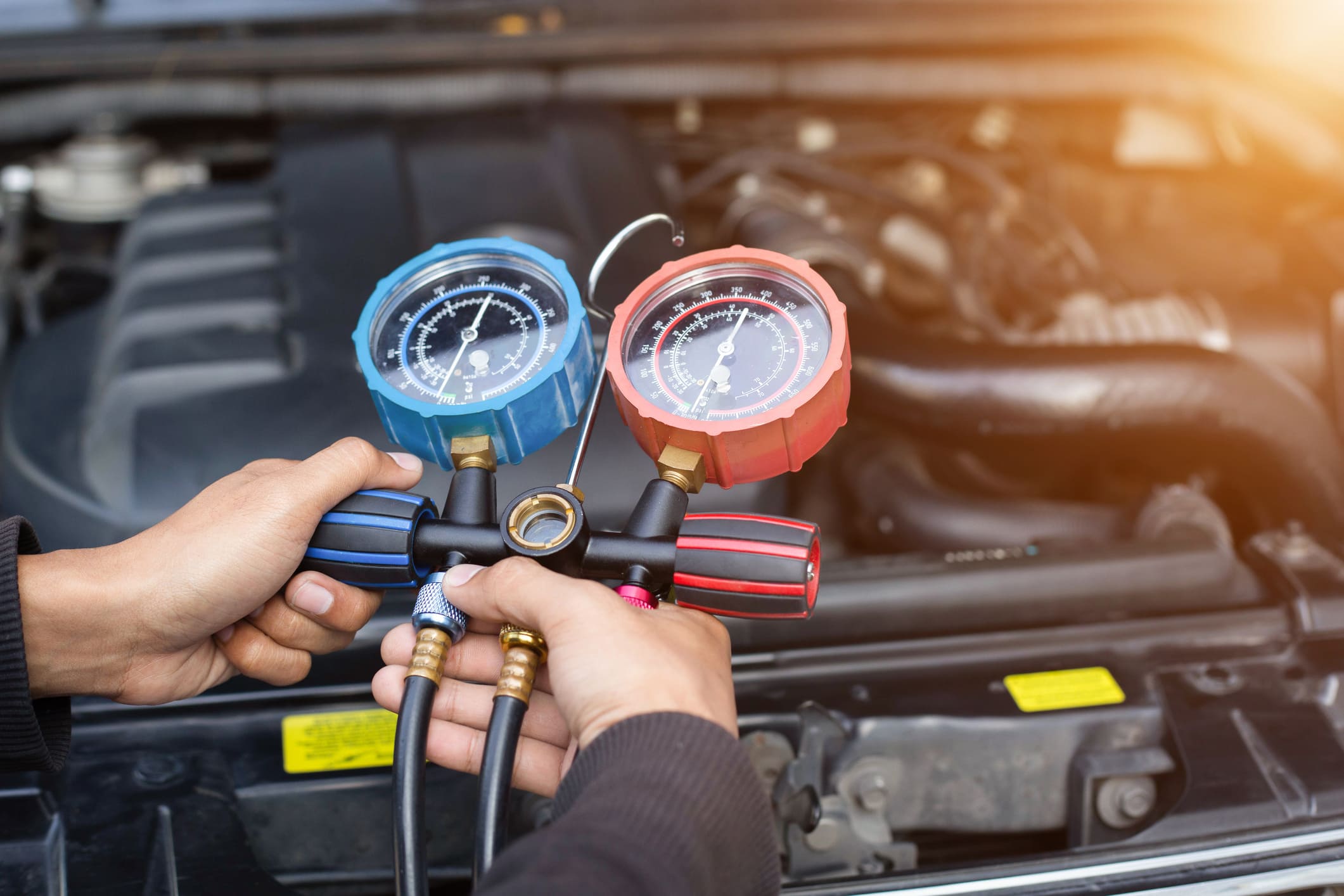

Home Maintenance
Why Did My Air Conditioner Stop Working In My Car
Modified: May 6, 2024
If your air conditioner in your car suddenly stopped working, learn why it might have happened and how to fix it with expert home maintenance tips.
(Many of the links in this article redirect to a specific reviewed product. Your purchase of these products through affiliate links helps to generate commission for Storables.com, at no extra cost. Learn more)
Introduction
Welcome to our comprehensive guide on why air conditioners stop working in cars. There’s nothing quite as frustrating as hopping into your car on a hot summer day, turning on the air conditioner, and…nothing. No cool air, no relief from the sweltering heat. It’s a situation that many car owners have experienced, and it can make your daily commute or road trip pretty uncomfortable.
Understanding the common reasons behind air conditioner failures in cars can help you diagnose the issue and take appropriate action. Whether you’re a seasoned car owner or a newbie behind the wheel, this article will provide you with valuable insights into the potential causes of your air conditioner woes.
There are several factors that can contribute to a malfunctioning car air conditioner, including low refrigerant levels, a faulty compressor, a leaking system, electrical issues, or a blocked condenser. By identifying the signs of air conditioner failure and following the appropriate troubleshooting steps, you can potentially fix the problem yourself or know when it’s time to seek the help of a professional technician.
So, if you’re curious about why your air conditioner stopped working in your car and how to get it back up and running, keep reading. We’ll walk you through the common reasons for air conditioner failure, the signs to look out for, the troubleshooting steps you can take, and when it’s best to call in the experts for help.
Key Takeaways:
- Keep your car’s air conditioner running smoothly by checking for common issues like low refrigerant, faulty compressor, leaks, electrical problems, and blocked condenser. Regular maintenance and professional help can ensure a cool ride.
- Recognize signs of air conditioner failure in your car, such as lack of cool air, unusual noises, strange smells, inconsistent cooling, and poor airflow. Troubleshoot with simple steps and seek professional assistance when needed.
Read more: Why Did My Air Fryer Stop Working
Common Reasons for Air Conditioner Failure in Cars
When your car’s air conditioner fails to operate effectively, several potential issues may be causing the problem. Understanding these common reasons can help you address the issue more effectively. Here are some of the most prevalent causes of air conditioner failure in cars:
- Low Refrigerant Levels: The refrigerant is a critical component of your car’s air conditioning system. If the refrigerant levels are low, it can hinder the cooling process and prevent the air conditioner from functioning properly. Low refrigerant levels may occur due to leaks in the system or evaporation over time.
- Faulty Compressor: The compressor is responsible for pressurizing and circulating the refrigerant. If the compressor stops working or malfunctions in any way, it can result in a lack of cool air from the air vents. Common signs of a faulty compressor include strange noises or increased resistance when turning on the air conditioner.
- Leaking System: A refrigerant leak can cause a significant drop in cooling efficiency and ultimately lead to air conditioner failure. Leaks can occur in various parts of the system, such as the hoses, fittings, or evaporator coil. If you notice oily residue or a sweet smell around the air vents, it may indicate a refrigerant leak.
- Electrical Issues: The electrical components of your car’s air conditioning system, including relays, switches, and wiring, play a crucial role in its operation. If any of these components become damaged or faulty, it can disrupt the functioning of the air conditioner. Common symptoms of electrical issues include the air conditioner not turning on or sporadic cooling performance.
- Blocked Condenser: The condenser is responsible for dissipating the heat absorbed by the refrigerant. If it becomes obstructed by dirt, debris, or other contaminants, it can hinder the heat exchange process and cause the air conditioner to blow warm air. Regular maintenance, such as cleaning the condenser, can help prevent blockages and ensure optimal performance.
By understanding these common reasons for air conditioner failure in cars, you’re better equipped to troubleshoot and potentially address the issue. However, it’s important to note that diagnosing and repairing car air conditioning problems can sometimes be complex. If you’re unsure about the exact cause of the failure or lack the necessary skills and tools, it may be best to seek professional assistance.
Signs of Air Conditioner Failure in Cars
When your car’s air conditioner is experiencing issues, it’s essential to be able to recognize the signs of failure. Identifying these signs early on can help you address the problem promptly and avoid further damage. Here are some common signs that indicate air conditioner failure in cars:
- Lack of Cool Air: One of the most obvious signs of air conditioner failure is a lack of cool air coming from the vents. If you turn on the air conditioner and notice that the air coming out is warm or not as cold as it should be, it’s an indication that something is wrong with the system. This could be due to low refrigerant levels, a faulty compressor, or other issues.
- Unusual Noises: If you start hearing strange noises when you turn on the air conditioner in your car, it’s a sign that something isn’t functioning correctly. Rattling, buzzing, or squealing sounds could indicate a problem with the compressor, a loose belt, or a malfunctioning fan. Pay attention to any new or unusual noises and have them checked out by a professional if necessary.
- Strange Smells: Unpleasant odors coming from the air vents are another sign of air conditioner failure. A musty or moldy smell could indicate mold or bacterial growth in the system, which can impact the air quality and effectiveness of the air conditioner. A burning smell could suggest an electrical issue that needs immediate attention.
- Inconsistent Cooling: If your car’s air conditioner starts blowing cool air initially but then loses its cooling power or becomes intermittent, it’s a clear sign of an issue. Inconsistent cooling could be due to a faulty thermostat, a clogged air filter, or a problem with the compressor. It may require professional diagnosis and repair to restore proper functionality.
- Poor Airflow: When the air conditioner isn’t able to provide sufficient airflow, it can indicate a problem with the blower motor, fan, or a clogged air filter. Reduced airflow can make the interior of the car feel stuffy and uncomfortable, and it may be a warning sign of a more significant issue within the air conditioning system.
If you notice any of these signs of air conditioner failure in your car, it’s crucial to take action to prevent further damage and discomfort. While some minor issues may be resolved with simple troubleshooting steps, it’s recommended to seek professional help if you’re unsure about the underlying cause or if the problem persists.
Check the fuse for the air conditioner in your car. If it’s blown, replace it with a new one of the same amperage. If the new fuse blows immediately, there may be a short circuit in the system that needs to be repaired by a professional.
Steps to Troubleshoot Air Conditioner Problems in Cars
When your car’s air conditioner is not working properly, troubleshooting the issue can help you identify and potentially resolve the problem. Here are some steps you can take to troubleshoot air conditioner problems in cars:
- Check the Thermostat: Begin by checking the thermostat settings in your car. Ensure that it is set to the desired temperature and the “cool” mode is selected. If the thermostat is not set correctly, adjust it and see if the air conditioner starts working as expected.
- Inspect the Cooling Fans: Cooling fans play a crucial role in the air conditioning system, as they help dissipate heat from the condenser. Check if the cooling fans are turning on when the air conditioner is activated. If the fans are not functioning, it could indicate a problem with the fan motor, relays, or wiring. A professional inspection may be required if you suspect an issue with the cooling fans.
- Examine the Compressor: The compressor is responsible for pressurizing and circulating the refrigerant in the air conditioning system. Inspect the compressor for any visible signs of damage or oil leaks. If you notice any issues, such as noises or excessive vibration, it may indicate a problem with the compressor that requires professional attention.
- Look for Refrigerant Leaks: Low refrigerant levels can cause the air conditioner to blow warm air. Inspect the different components of the air conditioning system for signs of refrigerant leaks, such as oily residue or stains. If you suspect a leak, it is best to have a professional technician perform a thorough inspection and repair any leaks found.
- Test the Electrical Connections: Check the electrical connections and wiring for any signs of damage or loose connections. Faulty electrical connections can disrupt the proper functioning of the air conditioner. If you’re not familiar with electrical systems, it’s recommended to have a professional inspect and repair any electrical issues.
It’s important to note that troubleshooting steps may vary depending on the make and model of your car. Consult your vehicle’s owner manual for specific guidance and instructions related to your car’s air conditioning system. Additionally, if you are unsure about performing any of the troubleshooting steps or if the problem persists, it’s best to seek the assistance of a professional technician who specializes in car air conditioner repair.
Hiring a Professional for AC Repair in Cars
While some air conditioner issues in cars can be resolved through troubleshooting, there are times when it’s best to seek the expertise of a professional technician. Here are some important considerations when hiring a professional for AC repair in cars:
- When to Seek Professional Help: It’s recommended to seek professional assistance in the following situations:
- If you are unsure about the exact cause of the air conditioner failure.
- If you lack the necessary skills, tools, or knowledge to diagnose and repair the problem.
- If you have attempted troubleshooting steps without success.
- If the issue involves complex electrical or refrigerant-related repairs.
- If the air conditioner failure is impacting other aspects of your car’s performance.
- Choosing a Reputable Auto Repair Shop: When selecting an auto repair shop for AC repair, consider the following:
- Ask for recommendations from friends, family, or trusted mechanics.
- Read online reviews and check the shop’s reputation.
- Ensure that the shop specializes in car air conditioning system repairs.
- Verify that the technicians are certified and experienced.
- Ask for upfront pricing estimates and warranties.
- Consider the shop’s location and convenience.
- Importance of Regular Maintenance: Regular maintenance is crucial for the optimal performance and longevity of your car’s air conditioning system. Some key maintenance tasks include:
- Having the refrigerant levels checked and topped up, if necessary.
- Cleaning or replacing the air filters regularly to maintain proper airflow.
- Inspecting and cleaning the condenser to prevent blockages.
- Testing the electrical connections for any signs of wear or damage.
- Performing routine checks for refrigerant leaks.
By seeking professional help when needed, choosing a reputable auto repair shop, and prioritizing regular maintenance, you can ensure that your car’s air conditioning system remains in optimal condition. Trusting the expertise of professionals and maintaining the health of your air conditioner will help keep you cool and comfortable on all your journeys.
Conclusion
A dysfunctional air conditioner in your car can be a major inconvenience, especially during hot summer months. Understanding the common reasons for air conditioner failure and being able to recognize the signs of a malfunction can help you address the issue promptly and restore comfort to your driving experience.
Low refrigerant levels, a faulty compressor, a leaking system, electrical issues, and a blocked condenser are among the most prevalent causes of air conditioner failure in cars. By familiarizing yourself with these potential problems, you can narrow down the possible causes and take appropriate action.
In addition, learning how to troubleshoot air conditioner problems can save you time and money. Checking the thermostat, inspecting the cooling fans, examining the compressor, looking for refrigerant leaks, and testing the electrical connections are crucial steps in the troubleshooting process. However, it’s important to note that diagnosing and repairing complex issues may require the expertise of a professional technician.
When seeking professional help, remember to choose a reputable auto repair shop that specializes in car air conditioner repairs. Reading reviews, asking for recommendations, and verifying certifications and warranties can help you make an informed decision. Additionally, regular maintenance of your car’s air conditioning system, including checking refrigerant levels, cleaning filters, inspecting the condenser, and maintaining electrical connections, is vital for its optimal performance and longevity.
In conclusion, being proactive in understanding and addressing air conditioner failure in cars can go a long way in keeping you cool and comfortable on the road. Whether through troubleshooting or seeking professional assistance, prioritize the health of your air conditioner to ensure a pleasant driving experience, even on the hottest of days.
Now that you've got a solid grasp on troubleshooting your car's air conditioner, you might be wondering where to go for professional help if DIY fixes don't cut it. Finding a reliable service to handle car AC repairs ensures your ride stays cool and comfortable no matter the weather. Don't let a malfunctioning AC disrupt your driving experience; learn more about expert repair services that'll have your system running smoothly again.
Frequently Asked Questions about Why Did My Air Conditioner Stop Working In My Car
Was this page helpful?
At Storables.com, we guarantee accurate and reliable information. Our content, validated by Expert Board Contributors, is crafted following stringent Editorial Policies. We're committed to providing you with well-researched, expert-backed insights for all your informational needs.



